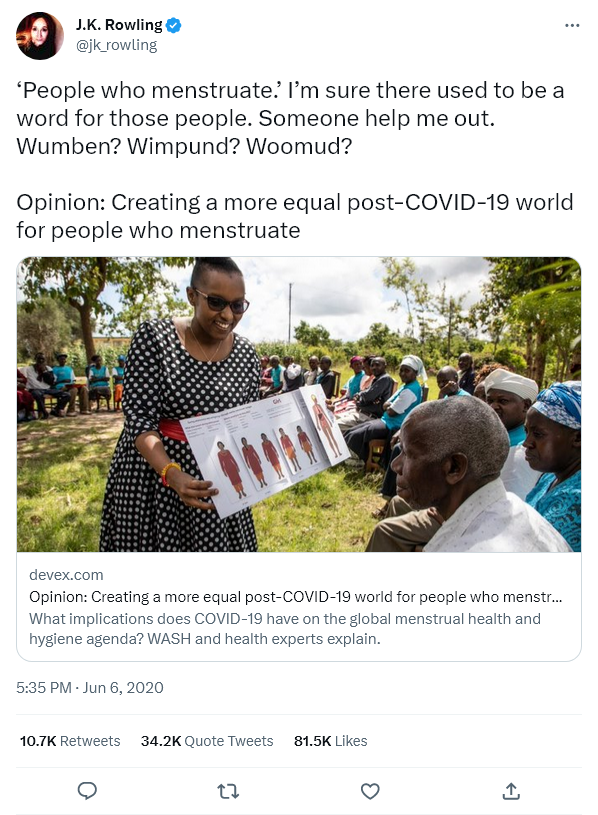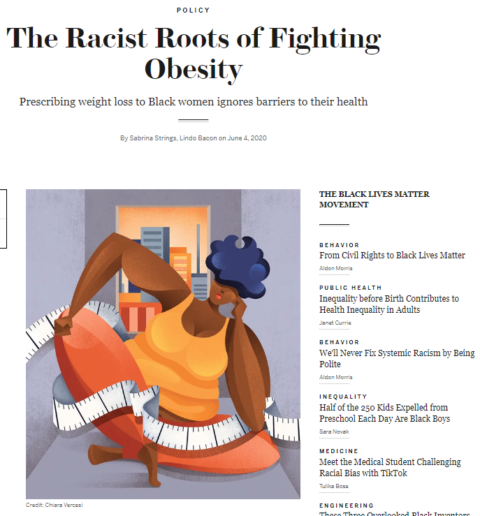Rob Henderson on the way that women react to men who demonstrate protective instincts toward them:
Human psychology evolved in environments far more violent than even the most dangerous modern U.S. cities. Overall, in the U.S., the average death rates from interpersonal violence are less than 1 in 10,000.
In contrast, in hunter-gatherer societies, 15 percent of deaths were the result of physical violence.
Our violent evolutionary past has shaped our minds. Even peaceable people in developed countries who have never even been in a fight can still readily estimate men’s physical strength from their face, body, and voice. These estimations tightly correlate with men’s actual physical strength.
A 2022 paper (preprint link here) investigated whether people prefer romantic partners who are willing and able to protect them from violence.
Considering the frequency and intensity of violence in the human ancestral environment, affiliating with people who were able to protect you would have been advantageous. The authors of the paper suggest such preferences have shaped human mating psychology.
The authors (Barlev, Arai, Tooby, and Cosmides) explore the question of whether a potential partner’s ability to protect you from violence is valued. It seems obvious that the answer (especially for women) is almost certainly yes.
However, they also explore whether a potential partner’s willingness (independent of ability) is also considered attractive.
When a woman judges a man, does learning that he is willing to protect her from violence make him more attractive, even if he isn’t particularly effective at doing so?
What about when a woman learns that a man is able but unwilling to protect her? Imagine a muscular guy who, upon seeing his date get mugged, just stands there and does nothing, or runs away.
Is he still more attractive than a guy who is unable but willing to protect her? Picture a scrawny guy who, upon seeing his date get mugged, physically tries but is unsuccessful in his attempt to stop the mugger.
The paper explores these questions.
[…]
Here you see that women rate male dates (described in this particular version of the study as average in physical strength and average in physical attractiveness) who make no attempt to protect them as a 2 out of 10 in attractiveness. Women rate a man who attempts to protect them but fails as a 7.5 out of 10. And a man who attempts to protect them and succeeds is an 8 out of 10.
So the major bump in attractiveness comes from willingness, rather than ability.















